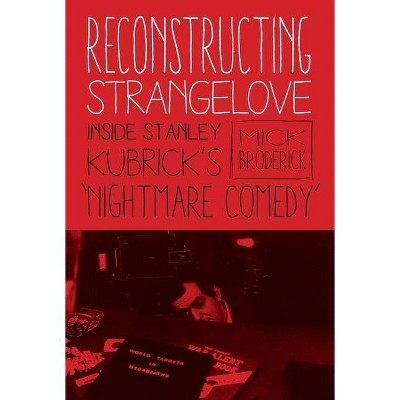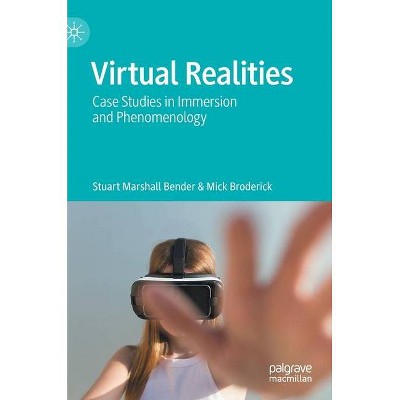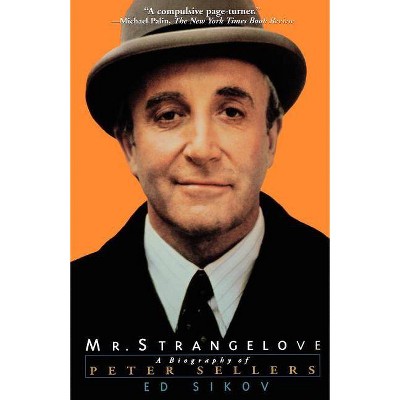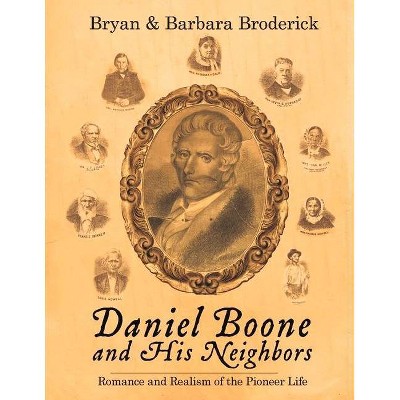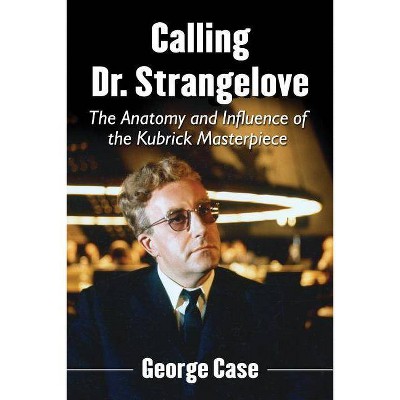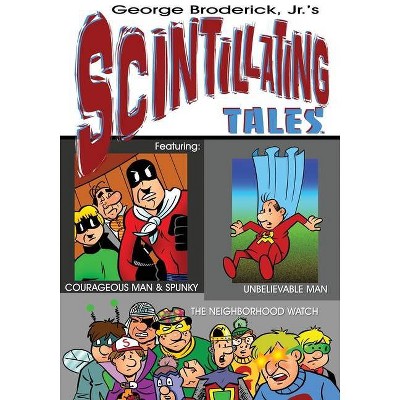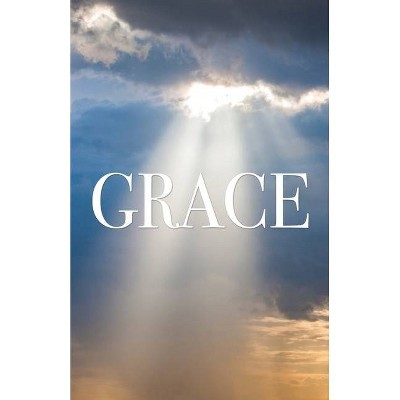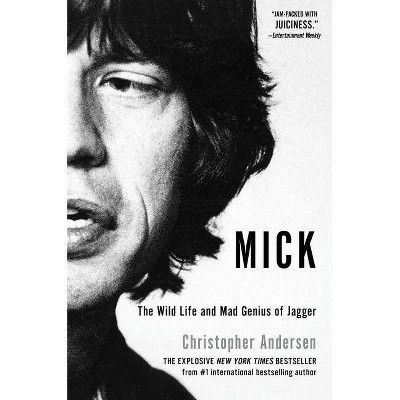Reconstructing Strangelove - by Mick Broderick (Paperback)
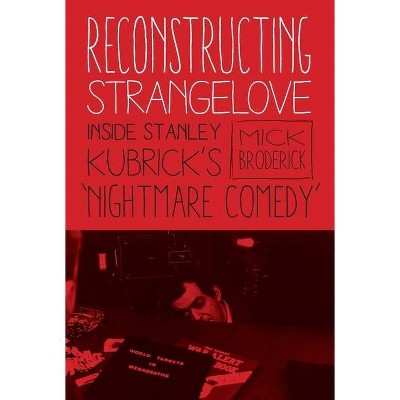
Similar Products
Products of same category from the store
AllProduct info
<p/><br></br><p><b> About the Book </b></p></br></br>With rare access to unpublished materials, this volume assesses Dr. Strangelove's narrative accuracy, consulting recently declassified Cold War nuclear-policy documents alongside interviews with Kubrick's collaborators<p/><br></br><p><b> Book Synopsis </b></p></br></br>During his career Stanley Kubrick became renowned for undertaking lengthy and exhaustive research prior to the production of all his films. In the lead-up to what would eventually become <i>Dr. Strangelove </i>(1964), Kubrick read voraciously and amassed a substantial library of works on the nuclear age. With rare access to unpublished materials, this volume assesses Dr. Strangelove's narrative accuracy, consulting recently declassified Cold War nuclear-policy documents alongside interviews with Kubrick's collaborators. It focuses on the myths surrounding the film, such as the origins and transformation of the "straight" script versions into what Kubrick termed a "nightmare comedy." It assesses Kubrick's account of collaborating with the writers Peter George and Terry Southern against their individual remembrances and material archives. Peter Sellers's improvisations are compared to written scripts and daily continuity reports, showcasing the actor's brilliant talent and variations.<p/><br></br><p><b> About the Author </b></p></br></br>Mick Broderick is associate professor of media analysis in the School of Arts at Murdoch University, Western Australia. He is the author of <i>Nuclear Movies</i>, editor of<i> Hibakusha Cinema: Hiroshima, Nagasaki, and the Nuclear Image in Japanese Film, </i> and coeditor of<i> Trauma, Media, Art: New Perspectives</i> and <i>Interrogating Trauma: Collective Suffering in Global Art and Media</i>.
Price History
Price Archive shows prices from various stores, lets you see history and find the cheapest. There is no actual sale on the website. For all support, inquiry and suggestion messages communication@pricearchive.us
